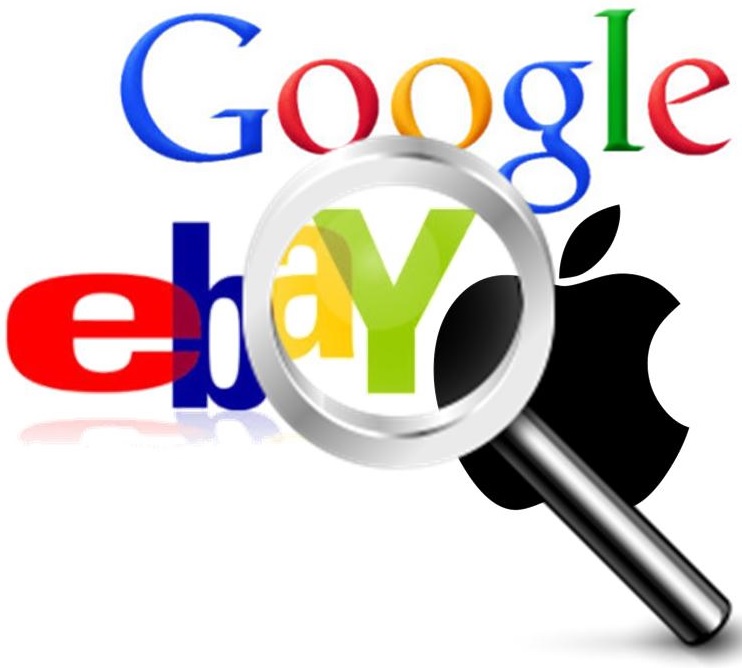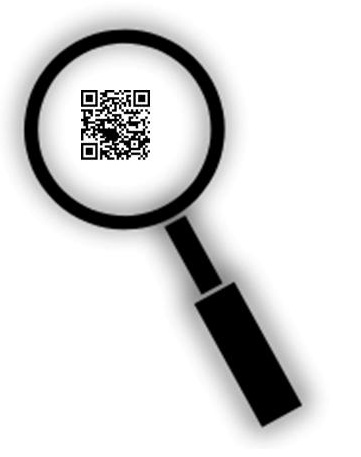New data is showing that many of the industry giants are making location based progress.
According to some of the latest information that has been released by ABI Research, a number of industry giants – including Google, Apple, and eBay – are placing their focus on making considerable moves into the realm of geolocation and its many possibilities.
Though this is not necessarily anything new, it is the fact that they are taking it indoors that is drawing attention.
To start, the estimates by ABI Research have suggested that the geolocation indoor market will be worth more than $4 billion by 2018. This was revealed in the quarterly Location Technologies Market Data which is issued by that agency. It provides a measure of the adoption of indoor geolocation technologies, mapping, as well as businesses that are making their way into this particular space.
By the end of next year, the overall market of geolocation technology installations will be greater than 25,000.
 This, according to the ABI Research data that was released in the report. It also pointed out that smartphones that are capable of supporting indoor geolocation technology will have reached the hundreds of millions over the span of the next two years. The result is that virtually every major company will have begun to take considerable steps into this sphere.
This, according to the ABI Research data that was released in the report. It also pointed out that smartphones that are capable of supporting indoor geolocation technology will have reached the hundreds of millions over the span of the next two years. The result is that virtually every major company will have begun to take considerable steps into this sphere.
Patrick Connolly, an ABI Research senior analyst, stated that “Apple’s new A7 co-processor coupled with the acquisition of WifiSLAM highlights indoor as a priority.” He went on to say that “Both Apple and eBay have announced support for dedicated BLE beacons, a technology that is set for a huge 2014 as major IC and device OEMs make it widely available.”
Connolly also explained that Google is maintaining an expansion of geolocation based indoor mapping and that it has been discussing some of its intentions for this technology quite openly at I/O. He also added that it isn’t just the smartphone manufacturers that are involved in this technology, as there have been four large AP providers (Motorola, Cisco, Ruckus, and Aruba) that have acquired business within this space. He noted that it was interesting to find that Nokia had held its own indoor and mapping capabilities, showing that this was being viewed as a region in which considerable future growth was possible.

 The reason is that in that country, the penetration of mobile devices currently stands at an estimated 92 percent. Among the users of those devices, 43 percent are currently already using geolocation services. Fifty three percent of consumers in the UAE who aren’t yet using these services have expressed an interest in doing so.
The reason is that in that country, the penetration of mobile devices currently stands at an estimated 92 percent. Among the users of those devices, 43 percent are currently already using geolocation services. Fifty three percent of consumers in the UAE who aren’t yet using these services have expressed an interest in doing so.